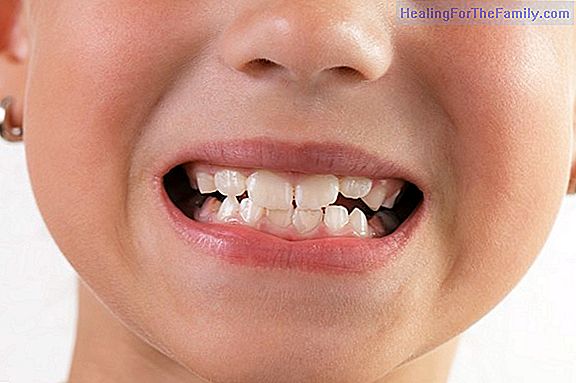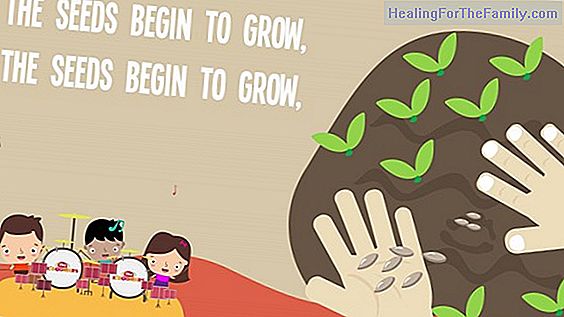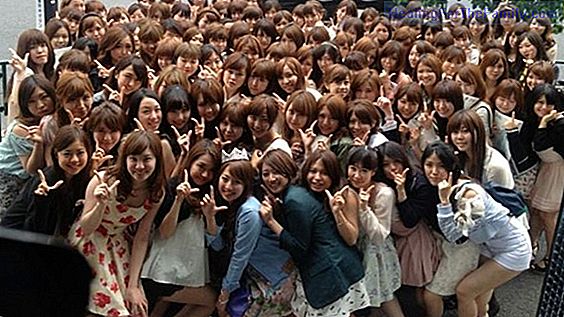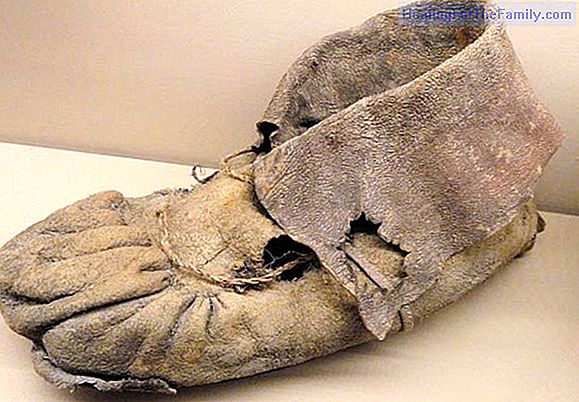Infantile autism. Origin and treatment
Autism is a disorder that directly affects empathy , the child's way of interacting with the outside world. It influences the communication of the child and his relationship with the environment that surrounds him. Its origin continues to be a mystery. The autistic child is born with this disease. a
Autism is a disorder that directly affects empathy, the child's way of interacting with the outside world. It influences the communication of the child and his relationship with the environment that surrounds him. Its origin continues to be a mystery. The autistic child is born with this disease. and although there is no cure, early diagnosis can help to achieve an improvement in the quality of life of the child.
We tell you what is child autism and how it is treated.
Treatment for autistic children
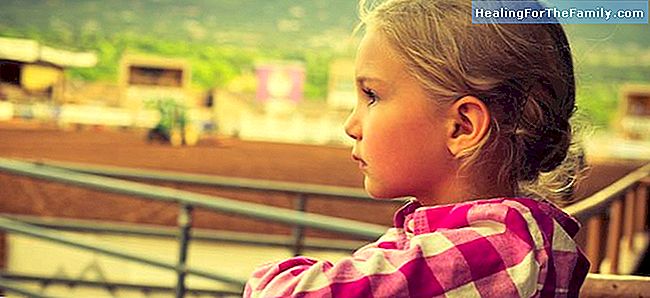
Special education is the fundamental treatment and can be given in the specific school or in very individualized dedication ('Maternage'). It is possible to resort to psychotherapy, although the results are scarce because the cognitive and language deficit make the therapeutic difficult.
The family support is very useful. Parents should know that the autistic disorder is not an affective disorder related to parenting. It is advisable to seek and maintaincontacts with associations for parents of autistic children. You should also consider pharmacological treatment, which should be indicated by a medical specialist.
Can autism be cured?
Autism has no cure. It is a syndrome that defined in 1943 a psychiatrist of Austrian origin called Leo Kanner. Today, 50 years later, the causes that cause this serious difficulty in relating are still unknown.
What parents can do to help the autistic child
Parents who suspect that their child may be autistic, should consult the pediatrician to refer them to a child and adolescent psychiatrist, who can diagnose with certainty autism, their level of severity and determine the appropriate educational measures. Autism is a disease and autistic children can have a serious disability for life. However, with the right treatment,some autistic children can develop certain aspects of independence in their lives.
Parents shouldencourage their autistic children to develop those skillsthat make use of their strengths, so that they feel good about themselves. The psychiatrist, in addition to treating the child, can help the family to resolve the stress; for example, it can help siblings, who feel ignored by the care the autistic child requires, or who feel embarrassed if they bring their friends home. The child and adolescent psychiatrist can help parents solve the emotional problems that arise as a result of living with an autistic child and guide them so that they can create a favorable environment for the development and teaching of the child.



